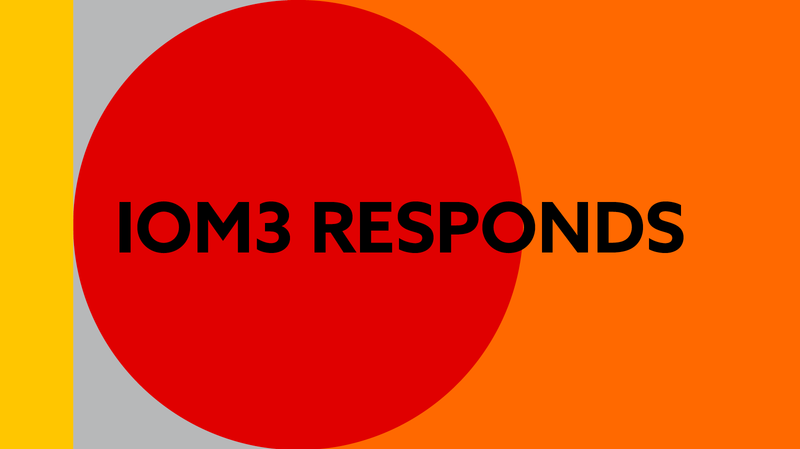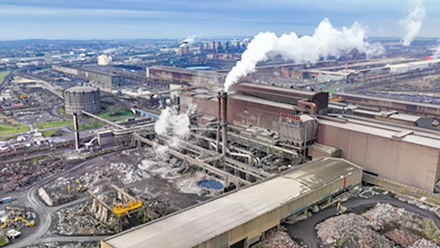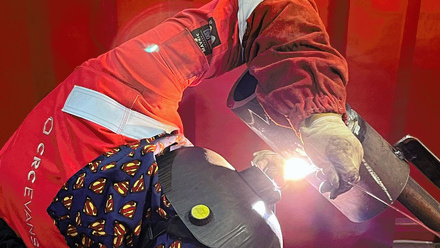IOM3 submits response to UK National Security and Investment: Mandatory Notification Sectors consultation
IOM3 has submitted a response to the National Security and Investment: mandatory notification sectors consultation.

This consultation sought views on the government’s proposed definitions for the sectors included within the scope of the ‘mandatory regime’ set out in the National Security and Investment Bill. The IOM3 response focused on the technical aspects of the definition as requested by the government; it should not be taken as a comment on the desirability or otherwise of the power or on the impact on researchers and businesses of this approach.
IOM3 CEO Colin Church FIMMM CEnv CRWM MCIWM, says ‘The members of IOM3 have huge in-depth expertise across materials, minerals, and mining, so it was clear to us from the start that we could make a significant contribution to the government’s understanding of these issues. Government colleagues working on advanced and critical raw materials have welcomed our contribution and we look forward to continuing our work with them developing the underlying thinking further.’
Drawing on the extensive technical and practical knowledge of its members, IOM3 has made a series of recommendations including:
For the advanced materials sector
- The definition of ‘advanced materials’ be extended beyond the context of defence applications to include critical national infrastructure.
- An alternative definition of ‘materials critical to strategic defence applications, national security and critical national infrastructure’ be used in place of ‘advanced materials’ to provide clarity and allow inclusion of important materials which may not be widely considered as ‘advanced’ (for example mild steels and certain polymers).
- The term ‘stimuli-responsive polymers’ or simply ‘responsive polymers’ be used in place of ‘engineering polymers’ as a clearer and more focussed definition.
- The sectors and definitions are reviewed and updated regularly with the support of industrial and academic expertise.
- Additional areas be covered explicitly including:
o Resource flow, recycling and reuse of materials
o The capture and storage of data
o Wood-based materials
o Superconducting materials
o Adhesives
o Wider surface engineering applications
o Battery materials
o Advanced ceramics (in addition to engineering and technical polymers and ceramics)
o Thermo-active polymers
For the energy sector:
- Definitions should include energy transition sources linked to the UK government’s legislation related to reaching net-zero by 2050, such as wind energy, solar energy, wave and tidal energy, nuclear energy (especially linked to dual use), geothermal energy and the hydrogen economy.
The full consultation response document can be found below. IOM3 would like to thank its members who helped contribute to the consultation response.







